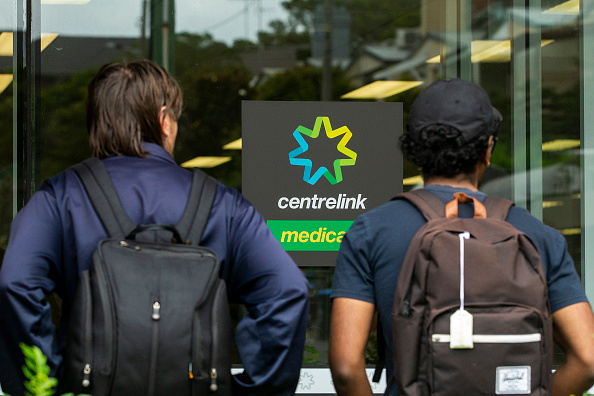Cutting the JobSeeker rate on 25 September could result in a loss of up to 1,120 full-time equivalent jobs in Canberra, according to a recent study.
Research recently released by Deloitte Access Economics estimates the reduction in JobSeeker will result in $504 less consumption spending and a decrease of $382 economic output per person.
The ACT Council of Social Service (ACTCOSS), which has been calling on the Federal Government to reverse its decision, said the research was a clear example of possible flow-on effects.
“Research released today [16 September] by Deloitte Access Economics shows that cuts to JobSeeker will cost over 1,000 jobs in the ACT at a time when we need to be sparking economic activity and job growth,” CEO Dr Emma Campbell said.
“The introduction of the $550 per fortnight Coronavirus Supplement from 27 April to 24 September 2020 saw JobSeeker (formerly Newstart) rise above the poverty line by $105 per week – finally becoming adequate to meet basic living costs.
“It’s been a silver lining in an otherwise disastrous year for people on low incomes.”
The Coronavirus Supplement essentially doubled the welfare payment when introduced in April, before which the maximum rate was $282.85 per week or $40.41 per day.
The report highlights the payment’s failure to increase in line with wages, instead rising with prices which have little to no effect on living standards.
Dr Campbell said given the rate of unemployment, the reduction and then removal of the supplement will have a significant impact on poverty in the ACT.
“The reduction of the Supplement by $300 per fortnight from 25 September 2020 will see these payments drop below the poverty line again by around $45 per week. The complete removal of the supplement at the end of the year would see this poverty gap increase to $170 per week,” she said.
“From December 2019 and July 2020, people in the ACT looking for employment on JobSeeker and Youth Allowance more than doubled from just over 6,500 to just under 15,000.
“Without the Supplement, the number of people in the ACT living below the poverty line could increase by around 25%, approaching 40,000.”
The research also raises the possibility of additional eligible JobSeeker applicants who are yet to claim the welfare payment.
“Another unknown around JobSeeker is how many people are technically eligible but have not yet signed up for the allowances due to accessing their superannuation early (to date, the maximum withdrawal allowed over two financial years has been $20,000 in total),” the research states.
“As these funds are spent, there may be further JobSeeker applicants, the scale of which may be greater (or fewer) than our current estimate.”
Dr Campbell said it was not too late for the Federal Government to take this research, and the various community organisations pleas on board, and reverse its decision to cut JobSeeker.
“This is creating deep uncertainty for the many individuals and families in Canberra who have been impacted by the economic downturn caused by the COVID-19 pandemic,” she said.
“It is not too late for the Federal Government to change this decision. In line with the Australian Council of Social Service (ACOSS), we call on the Australian Government to keep the $550 per fortnight Coronavirus Supplement in place until our social security system is fixed for good so that it keeps people out of poverty.”



